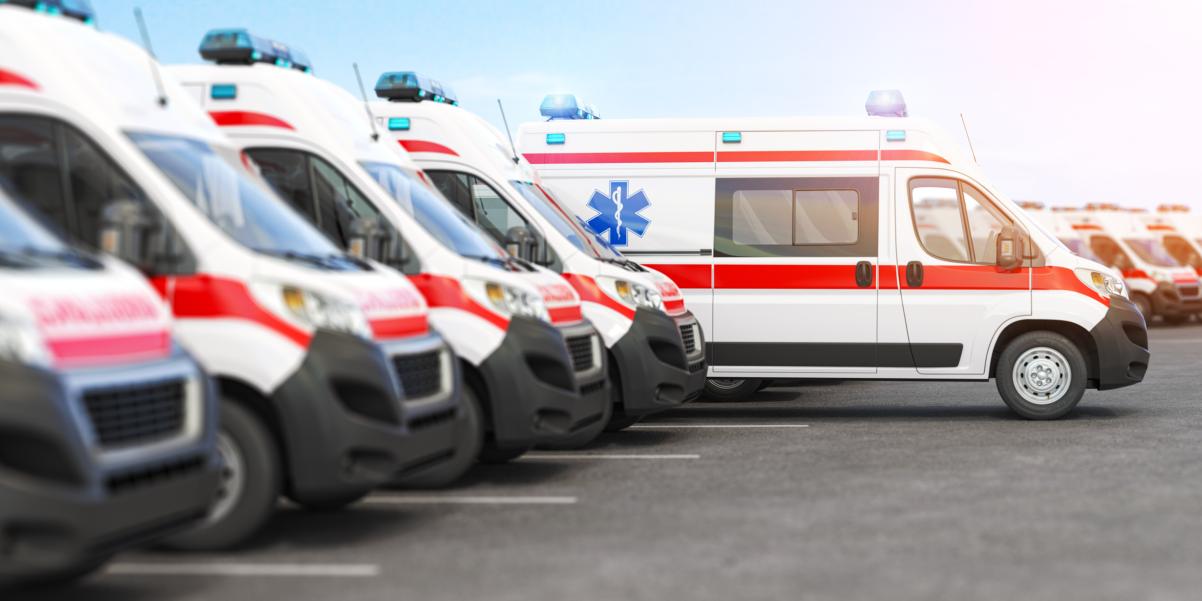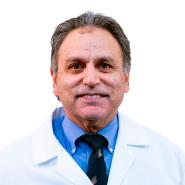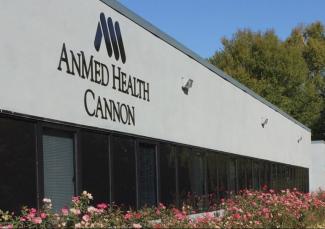When to Go to the ER
- Seek emergency care immediately if you or someone else experiences:
- Asthma attack or trouble breathing
- Broken bones
- Burns
- Chest pain or pressure
- Confusion
- Coughing or vomiting blood
- Heavy or uncontrollable bleeding
- Pregnancy-related urgent concerns
- Seizures
- Stomach pain or pressure
- Sudden, severe pain
- Suicidal thoughts
- Vision changes
Any of these symptoms could be signs of a serious medical condition.





